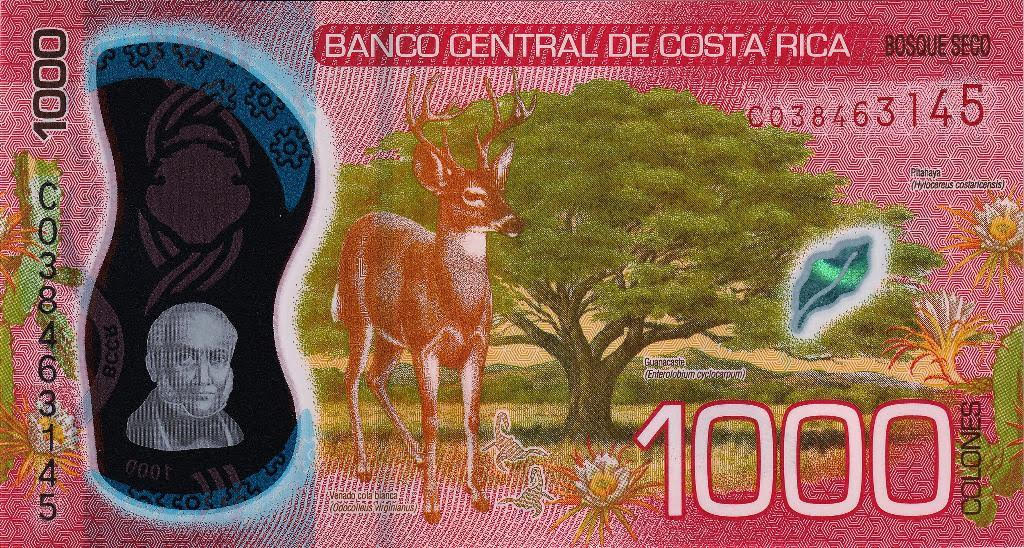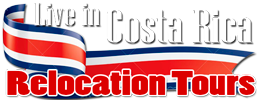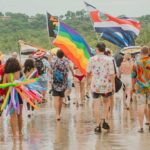“Fragments” of Costa Rica
Interesting facts about Costa Rica that you might not have known
I’ve been living in Costa Rica for over 20 years now, and though I think I’ve seen it all, there’s still stuff that catches me off guard or makes me go “Uh!, that I didn’t know” or “Oh yeah! forgot about that”.
So, here’s my list of uh! and oh yeah! interesting fragments of Costa Rica:
- In Costa Rica, pedestrians have few rights.
- Speed bumps are called “topes”.
- In Costa Rica, there are laws and then regulations to the laws, which are more important than the law itself.
- In Costa Rica, despite the efforts by some municipalities to erect street signs, addresses are not used, and people provide directions by referencing nearby landmarks. Change the color of your front gate, you have now to give new directions. Interesting is the use of a landmark that once was, but is no longer. For example: from the Antigua Fabrica de Licores (old liquor factory) which may have closed down ages ago.
- Prostitution is not illegal but possession of pornography is.
- Can’t, don’t flush toilet paper is a common reminder, so toilet paper goes in the trash basket.
- In Costa Rica, earthquakes happen pretty often. On average one or two a day. The amount ranges from 2-40 a month, depending on the shifting of the tectonic plates. The vast majority are pretty minor. Only earthquakes over 5.0 get a mention.
- Costa Ricans aren’t really great at soccer. This one will get me some nasty emails.
- In Costa Rica, coffee is referred to as “yodito”.
- Imperial is the most well-known beer in Costa Rica. Don’t forget the ice in the beer.
- All the major fast food outlets, not only pizza, for example, McD, KFC, Burger King, etc, do home deliveries (express). Now see above about addresses.
- No sunglasses or hats are allowed inside a bank.
- In bullfights (Toros) in Costa Rica, the bull never loses. Instead of the bull getting hurt, it’s running around the arena (redondel) trying to take down the improvisados (idiots, mostly young bucks, that taunt the bull and then run for cover).
- In Costa Rica, you won’t be allowed in a government or public office if you’re wearing shorts, but you can in banks.
- Eggs are not stored in the fridge. Top of the fridge, yes, but not in the fridge.
- Most Catholic churches are oriented toward the West.
- Nicoya, which is situated on the Western coast of Costa Rica, is one of the five places in the world that make up the so-called Blue Zones, where locals here usually live to be 100 years or older while still being able to stay active and healthy.
- There are nine, yes 9, cedulas (national ID). Cedulas starting from 1 to 7 are for the seven provinces where the birth was registered. For example, a cedula beginning with 1 is for being born in San Jose. Cedulas that start with 8 are for naturalized citizens, and 9 are issued to those born to one or both Costa Rican parents outside of Costa Rica.
- In Costa Rica, the white-tailed deer (venado cola blanca), otherwise known as ‘Bambi’, is considered the national animal, though monkeys are pretty common too. Bambi is even featured on the 1,000 colones bill.

- You don’t have to pick just one side of the country – you can have both! Start your morning in the Caribbean and be on the Pacific coast by dinner. Or vice versa.
Pura Vida, makes!
Courtesy of Rico and QCosta Rica



